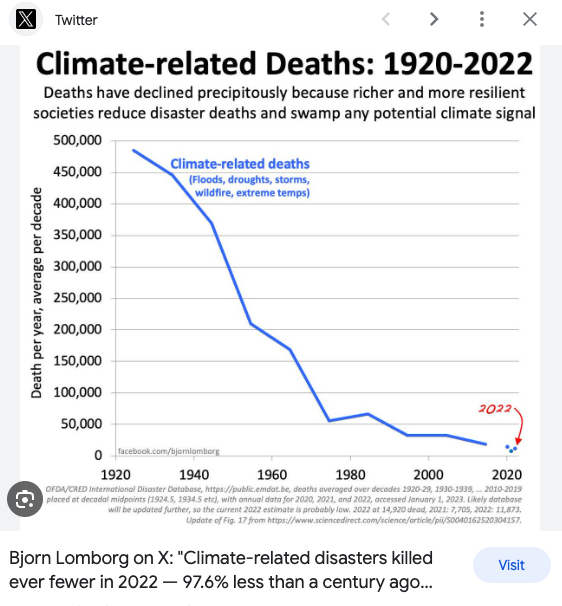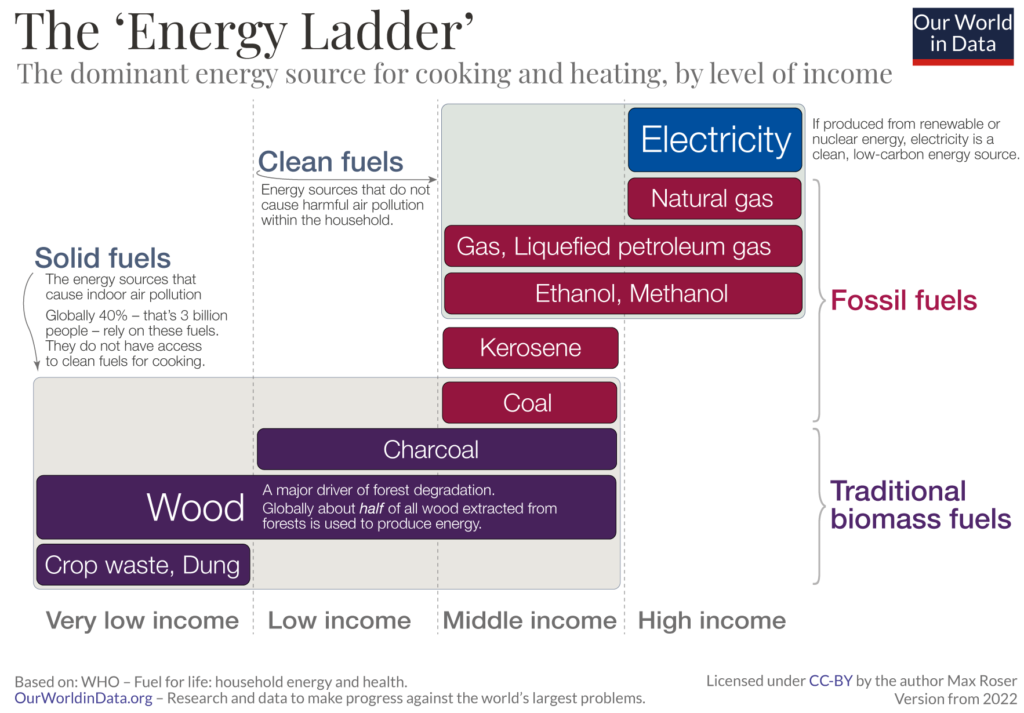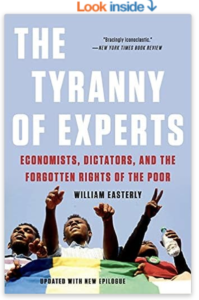All Energy Day 2023 (updated)
Bjorn Lomborg discusses “the energy transition” as keynote speaker for All Energy Day 2022. Lomborg warns renewable energy advocates to be careful not to exaggerate harms from climate change and global warming. Transitioning from fossil fuels to wind and solar energy is costly when forced.
Exaggerated claims of climate disasters can scare the public can but will backfire. Though there are many problems projected in climate models: “The data doesn’t confirm [claims that] this is the end of the world.” The exclusive focus on climate concerns comes with opportunity costs, which come from reduced spending and investments to reduce suffering and save lives. More expensive and less reliable wind and solar energy, for example, comes at the sacrifice of often less expensive fossil fuel, geothermal, hydro or other energy sources.
The poor of the world especially should not have their access to reliable electricity delayed by developing world governments wishing for expanded renewable energy supplies. Yet that is current US and E.U. energy policy. Is fear of climate change a valid reason for slowing access to energy for those billions around the world that now consume the least energy? (And “cost” is complicated. The sun and wind are free, but the equipment to harness them is costly. And these energy are intermittent, so additional backup power or energy storage is required)
Bad weather can kill people, especially poor people. Has climate change over recently decades caused more deaths, say from extreme heat or more violent storms? You can see the numbers (shown in background of YouTube image) in the image below from Lomborg’s Twitter feed.
Lomborg posts on Twitter with image.

Relevant for economic inequality across the United States and around the world is the reality that higher energy costs impact the poor the hardest. They pay a higher percentage of their income for electricity (if available) and for other more polluting energy sources for cooking and heat.
In How Climate Policies Hurt the Poor, (Project Syndicate, Sept. 26, 2019), Lomborg notes that energy policies are slowing progress:
Over the past 25 years, nearly 1.2 billion people around the world have been lifted out of poverty, while both malnutrition and the risk of death from air pollution have decreased. Taken together, these achievements are nothing short of a miracle. But two global trends now threaten to slow the momentum in reducing poverty. … [first trend: trade restrictions, second energy/climate]
Polarizing campaigns about climate change have created an absurdly distorted view of the future, leading policymakers to make poor decisions. In its most recent major report, the IPCC estimated that if the world does absolutely nothing to stop climate change, the impact will likely be equivalent to a 0.2-2% reduction in average incomes in the 2070s. And by then, incomes will likely have risen by some 300-500%.
Yet catastrophic visions of climate change abound. As a result, about one-third of all development spending now goes to climate projects, according to an OECD analysis of about 70% of global development aid. …
In response to alarmist claims of climate change, the US federal government’s policy is to halt all foreign aid funding of fossil fuel energy projects in the developing world. That’s a good thing, one could argue, since there is so much private capital available for sound energy projects around the world. And why should U.S. taxpayers fund foreign energy projects? However, federal policy is not just to halt funding of fossil fuel energy but also to actively slow private investment by U.S. firms. Instead, federal energy policy is now to fund favored renewable energy projects (again, at taxpayer expense) around the world.
From the U.S. Agency for International Development’s Renewable Energy page:
USAID follows an integrated approach to renewable energy scale-up, helping governments, utilities, developers and investors in partner countries reduce costs, improve grid operations, and leverage financing for utility-scale renewable energy projects. Between 2010 and 2019, USAID’s energy programs contributed to the installation of more than 162,000 MW of new renewable capacity across 20 focus countries, helped lower energy prices to below two cents per kWh in some areas, and mobilized more than $190 billion in private investment in new generation.
Here is US AID’s Climate Strategy 2022-2030 publication (pdf). Page 19 outlines goal to “develop pipelines…”, but rather than oil and gas pipelines, USAID advocates “a broad toolbox of approaches to mobilize climate finance” and to “develop pipelines of climate friendly projects for investment, increase access to capital, and promote enabling environmental reforms…”
Will these USAID supported projects provide improved access to clean, reliable, and affordable electricity in target countries?
Development economist William Easterly’s book The Tyranny of Experts: Economists, Dictators, and the Forgotten Rights of the Poor (2021) makes the case that top-down foreign aid funded plans and planners rarely serve the populations they claim to.
See also Why the Climate Panic About Africa Is Wrong (Foreign Policy, December 6, 2021):
…the focus of attention has now shifted to Africa, where energy use is still very low—and where rich countries see an opportunity to apply pressure by leveraging development aid and cutting off finance. This is already leading to harmful policies that will hurt millions of poor Africans by slowing down their continent’s economic development while doing little, if anything, to help fight climate change.
Fears of a fossil fuel boom in low-income but fast-growing regions such as Africa are cited as the rationale for imposing new bans on financing for such investments.
Billions of dollars are invested each year around the world in hundreds of energy enterprises. We can know which investments and which technologies will deliver the cleanest, most reliable, and most affordable power. How clean is clean enough for generating electricity in low-income countries? Consider, from Our World in Data:
About 3 billion people in the world do not have access to modern energy sources for cooking and heating their homes. They are suffering from indoor air pollution as a consequence and millions die every year. The lack of access to modern energy sources subjects people to a life of poverty.
Energy poverty and indoor air pollution: a problem as old as humanity that we can end within our lifetime (Our World in Data, July 5, 2021)


